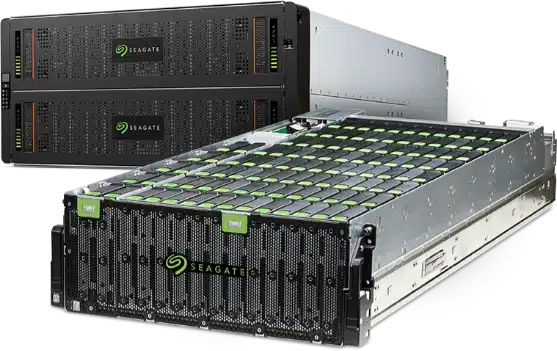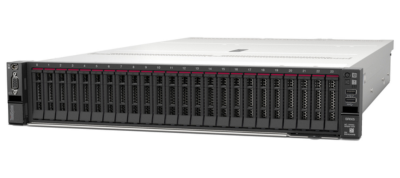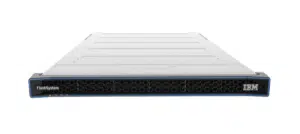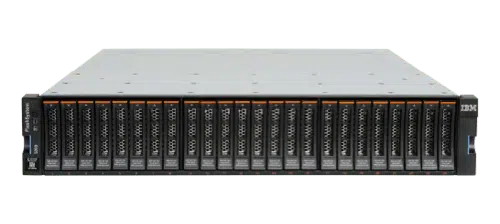Menu









Enterprise data storage solutions are storage technologies and systems for storing large volumes of data effectively. This includes on-premises hardware, cloud services, and hybrid models, it involves data management for backing up, archiving, and storage systems that ensure the information is secured, managed and retrieved for individuals, businesses, and the enterprise.
These enterprise storage systems can be classified as local (physical devices), networked (NAS/SAN), or cloud-based, with specific choices based on considerations such as scalability, cost-effectiveness, performance, and security.
This type of storage is designed for scalability and reliability. Businesses generate vast amounts of data daily, and having a robust system in place ensures that this information remains accessible and secure.
Additionally, enterprise data storage often includes advanced features like automated backups, redundancy protocols, and encryption options. These capabilities protect sensitive information while enhancing operational efficiency.

By centralising data management within an enterprise framework, organisations can streamline access across departments. This increases collaboration while reducing the risk of loss or unauthorised access to critical business assets.
Traditional storage options encompass magnetic hard drives, solid-state drives, optical media, and tape drives. The affordability and high capacity of hard drives are well known, while the speed and reliability of SSDs make them the current preferred choice. In certain cases, optical media and tape drives still have a place for archiving and backup purposes due to their long-lasting nature and secure features.
In modern times, businesses heavily depend on sophisticated technologies like cloud storage, storage area networks (SAN), network-attached storage (NAS), and object storage to fulfill their needs. These solutions offer instantaneous accessibility, extensive expandability, and worldwide coverage, enabling the operation of data-centric applications and facilitating digital innovation.
With the assistance of AI technology, data tiering, predictive maintenance, and resource allocation are all automated, resulting in improved efficiency and resilience within storage infrastructures.
Security is of utmost importance for storage, with measures like zero-trust architectures, immutability, and advanced encryption being prioritised. Compliance with regulations such as GDPR and HIPAA is also emphasised by providers.
There is a growing emphasis on energy efficiency and eco-friendly measures. Suppliers are now putting resources into low-energy equipment, innovative cooling methods, and the use of recyclable materials.
When choosing a data storage solution, take into account several factors.
